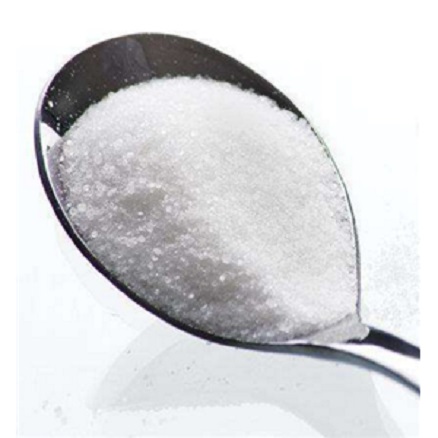La N-acetil-DL-metionina es un metabolito endógeno activo que reduce los niveles hepáticos de glutatión en ratones Bom:NMRI macho.


N-acetil-DL-metionina CAS#1115-47-5
La N-acetil-DL-metionina es un metabolito endógeno activo que reduce los niveles hepáticos de glutatión en ratones Bom:NMRI macho.
La N-acetil-DL-metionina es un cristal blanco con un olor desagradable. Soluble en agua, etanol y acetato de etilo.La N-acetil-DL-metionina es la materia prima para la síntesis de hormonas, y es la principal sustancia para el mantenimiento de la vida. También es una materia prima importante para la síntesis de productos farmacéuticos; se utiliza como aditivo alimentario en la industria alimentaria y como aditivo en la industria de piensos, y también se utiliza ampliamente en biopesticidas.
Función: Metabolismo de los aminoácidos: La acetilglutamina tiene una vía metabólica similar a la de la glutamina, pero puede metabolizarse de forma diferente en el organismo debido a variaciones en su estructura química.
Sustitución de aminoácidos: Puede utilizarse como sustituto de la glutamina en el metabolismo de los aminoácidos en determinadas circunstancias.
Neuroprotección: La acetilglutamina puede tener propiedades neuroprotectoras. Esta función se deriva de su efecto de apoyo a las células nerviosas, pero el mecanismo exacto y los efectos aún necesitan más investigación. Apoyo al sistema inmunitario: Algunos estudios sugieren que la acetilglutamida puede tener un efecto de apoyo sobre el sistema inmunitario, aunque estos estudios se encuentran todavía en fases preliminares.
Aplicaciones: Suplementos Nutricionales: Suplementos: La acetilglutamida se comercializa como suplemento nutricional y se utiliza comúnmente para apoyar la salud en general, el rendimiento atlético o la recuperación. Puede utilizarse para mejorar el rendimiento físico o como suplemento durante la recuperación.
INVESTIGACIÓN MÉDICA: Investigación de enfermedades: La acetilglutamida se utiliza en algunos estudios médicos para explorar sus posibles efectos terapéuticos en enfermedades neurodegenerativas, trastornos del sistema inmunitario u otros problemas de salud. Desarrollo de fármacos: La acetilglutamida puede utilizarse como herramienta en el proceso de desarrollo de fármacos para explorar su papel en el tratamiento de enfermedades.
Cultivo celular: Cultivo celular: En la investigación de cultivos celulares, la acetilglutamida puede utilizarse como aditivo del medio de cultivo para favorecer el crecimiento y el mantenimiento de las células.
Investigación de laboratorio: Reactivos químicos: En experimentos de química y bioquímica, la acetilglutamida se utiliza como reactivo para estudiar derivados de aminoácidos y sus efectos en procesos biológicos.
Our professional sales team are waiting for your consultation.